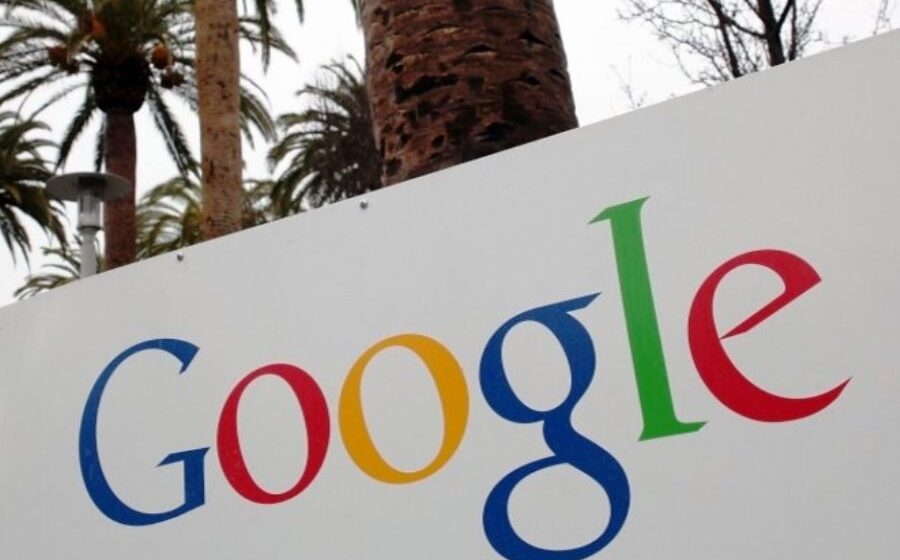Alphabet, the parent company of search giant Google, has surpassed retail giant Amazon on a market-capitalisation basis.
Last Friday, Amazon closed at $US1.616 trillion ($A2.084 trillion) at the bell, Google’s market capitalisation was $US1.622 trillion ($A2.092 trillion).
This makes Alphabet the third-most valuable company in the US market after Apple and Microsoft.
While Amazon is $US1.613 trillion ($A2.080 trillion) at the bell, Google’s market capitalisation is $US1.632 trillion ($A2.105 trillion) as of Monday.
Apple leads the way with $US2.101 trillion ($A2.710 trillion), followed by Microsoft’s at $US1.912 trillion ($A2.466 trillion), with the Windows maker set to become the second US company after Apple to breach the $US2 trillion ($A2.6 trillion)mark.
This is the first time Alphabet has managed to surpass Amazon on a market cap basis in 16 months.
Created in 2015, Alphabet is essentially a holding company for Google, which generates most of its revenue and profit.
Although Google has invested in different areas of technology, including mobile phones, artificial intelligence, self-driving cars, and health technology, its key money-generating business continues to be online advertising, driven by its dominance in the search industry.
For the recent first quarter, the company reported revenue growth of 34 per cent to $US55.31 billion ($A71.33 billion), of which advertising revenues were $US44.68 billion ($A57.62 billion).
Google has been the market leader in online advertising for well over a decade.
Moving ahead, Alphabet CEO Sundar Pichai said that the company would continue to focus on search engines.
“For me, our ultimate moonshot is still Search. I know people would be surprised to hear that 20 years in. Search works very well, but because I’m working on Search, I see all the limitations,” Sundar Pichai told Yahoo.
“Even today, when people type in a complex query, we’re looking at keywords trying to match it. We still have a long way to go to actually understand what the user’s intent is, the context, where they are coming from, and giving the best answer. So that is still the moonshot.”



